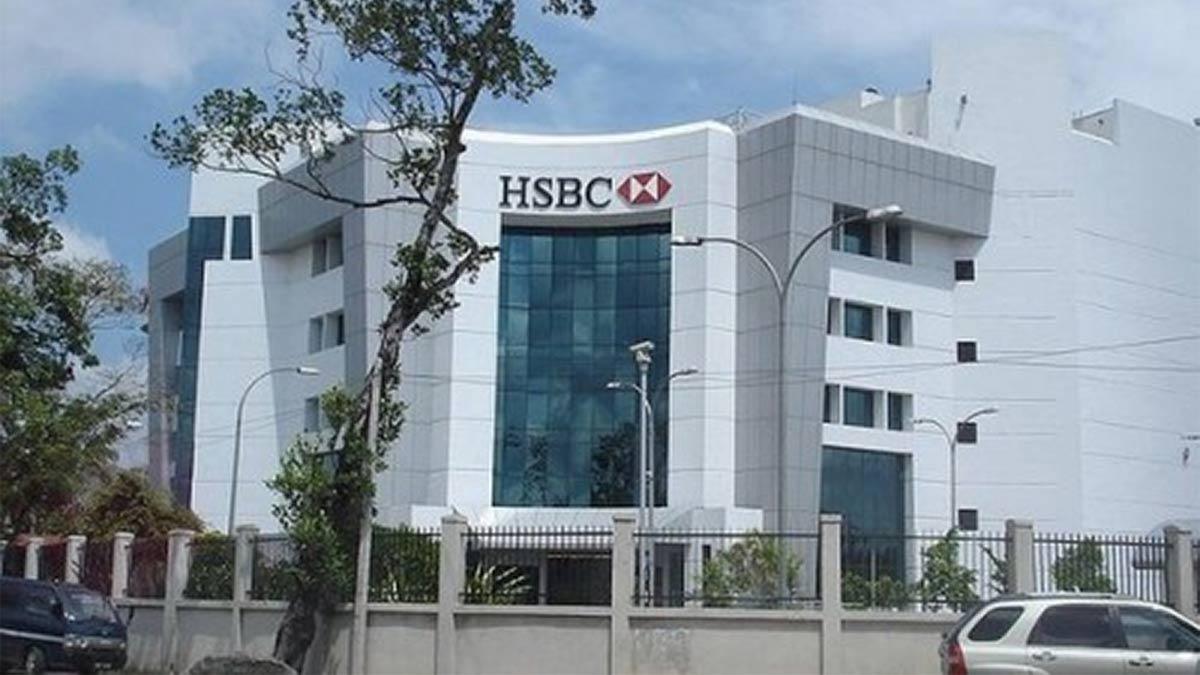The Financial Services Commission of Mauritius has said in a big blow to Hindenburg Research that exactly the funds referred to by the US short seller in its charges against SEBI chairperson Madhabi Puri Buch are not licensed by it and neither are based in Mauritius. The regulator has clarified that both "IPE Plus Fund" and "IPE Plus Fund 1" have no licenses issued by the FSC, and neither is domiciled in the country.
The FSC Mauritius took note of the report published by Hindenburg Research on August 10, 2021, which referred to 'Mauritius-based shell entities' and imputed that Mauritius is a 'tax haven'.
Further, the recent Hindenburg report now alleged that "IPE Plus Fund" and "IPE Plus Fund 1" were offshore funds domiciled in Mauritius.
It underlined that the legislative framework in Mauritius did not allow for the creation of shell entities.
Madhabi Puri Buch, SEBI Chairperson, and her husband, Dhaval Buch, previously denied the allegations in the Hindenburg report. They said it is unfortunate that, instead of replying to a show-cause notice, the debate has shifted to gaping holes in SEBI's credibility and the charade of character assassination.
While in Singapore, she had set up two consulting firms, one in India and one in Singapore. Upon her appointment to SEBI, she became inactive with these companies wherein, SEBI was fully informed that the Chairperson abstained from all interests in these companies.
The FSC pointed out that Mauritius maintains an extremely strong regulatory framework on global business entities, which requires that such entities adhere to continuous substance requirements under the Financial Services Act, Section 71, and this is tightly monitored by the FSC.
Further, the FSC added that Mauritius conformed to the dictates of international best practices and is also fully in compliance with the standards of the OECD. OECD confirms that the tax systems of Mauritius do not contain any harmful features and the country should be considered a well-regulated and transparent jurisdiction. Conclusion of evidence that it is not a tax haven.
Read also | Growth in New Business Registrations for 2024-25
Read also | SEBI Urges Investors to Exercise Caution Regarding Hindenburg Report


















